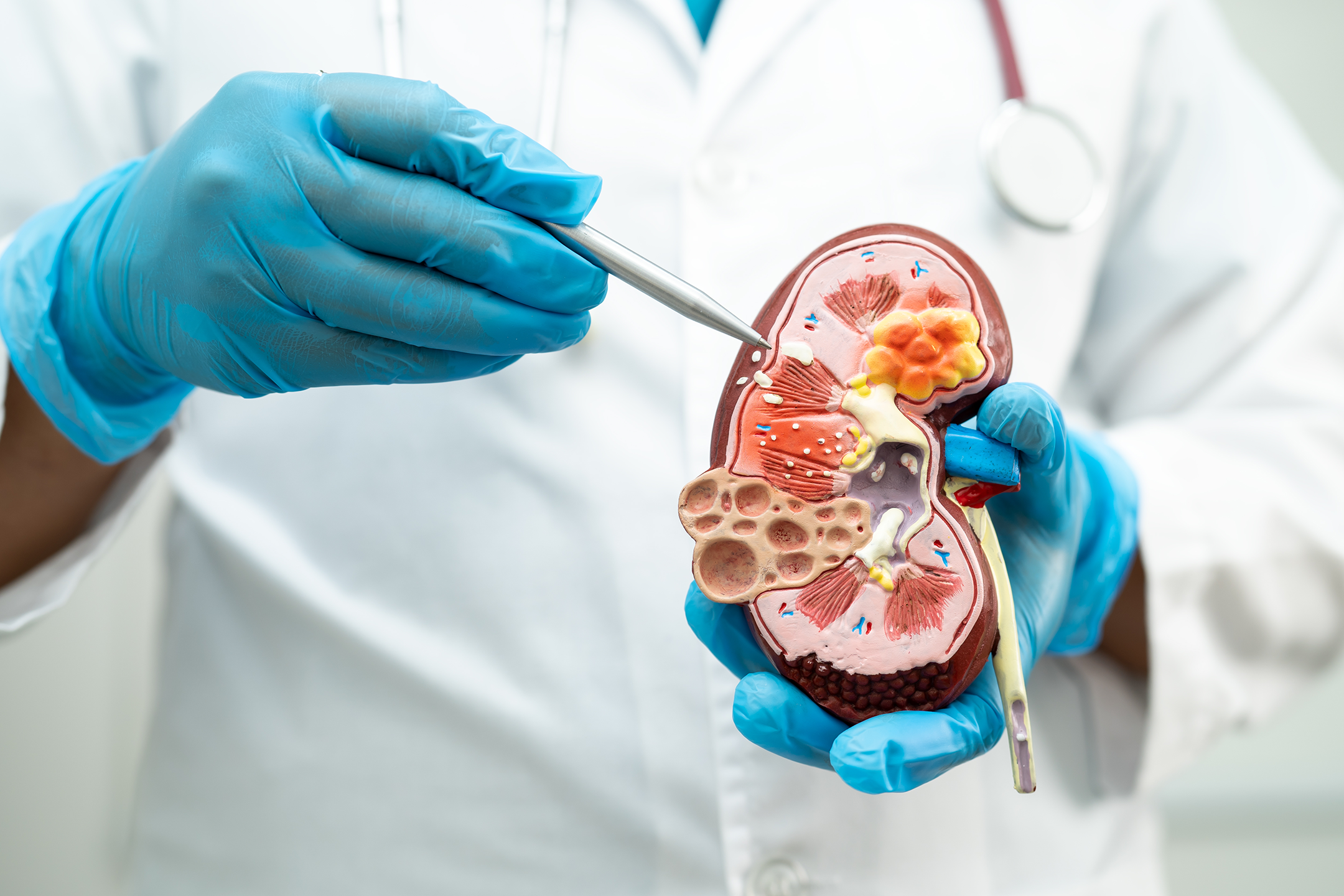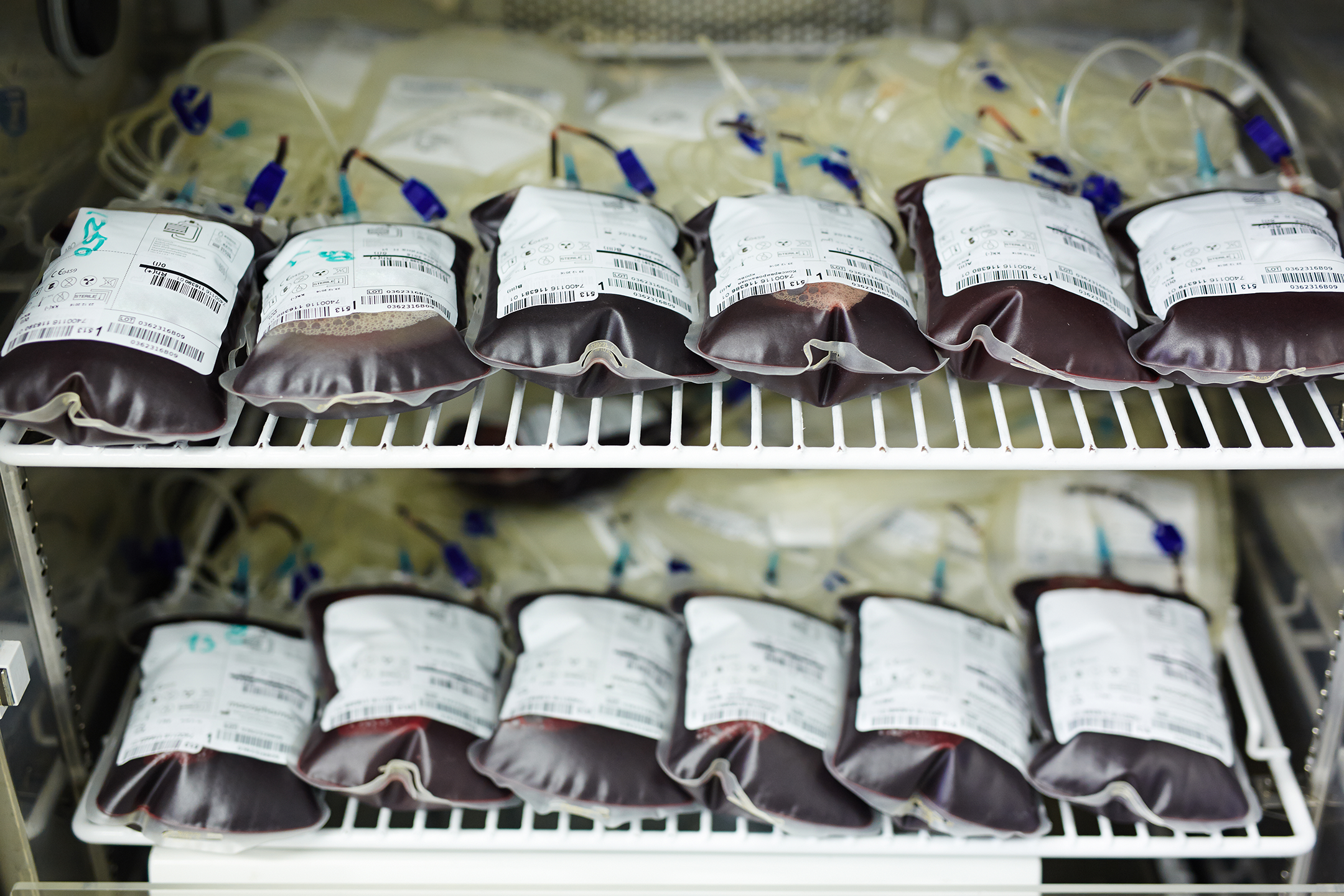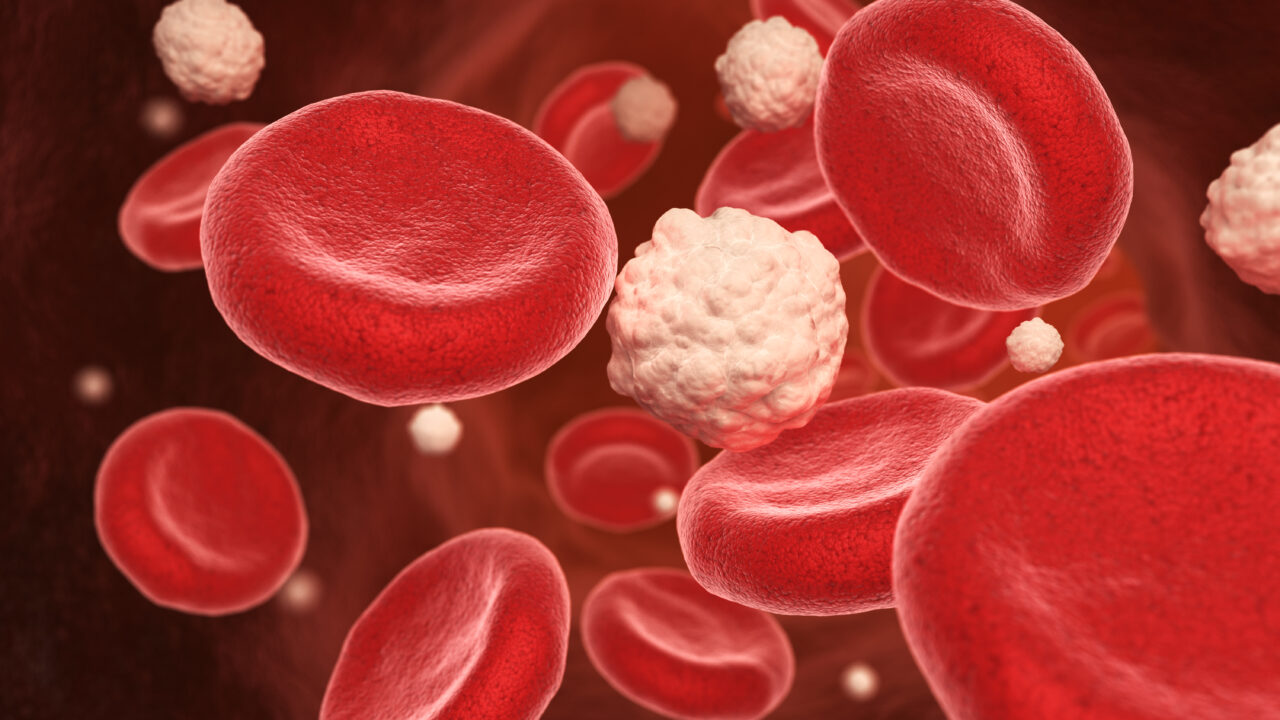Hidden microprotein has functional role in colorectal cancer gene regulation
The human genome contains thousands of non-canonical open reading frames (ORFs) with the potential to encode functional proteins, including microproteins. These unannotated, cryptic proteins are not easily detected by conventional approaches and are considered part of the “dark” proteome. Previous studies have highlighted the tumor-suppressive function of some microproteins in colorectal cancer (CRC), but their role in cancer remains largely unknown. To provide further insights, researchers led by Yiwen Chen, Ph.D., used an integrated multiomic approach combining ribosome...










